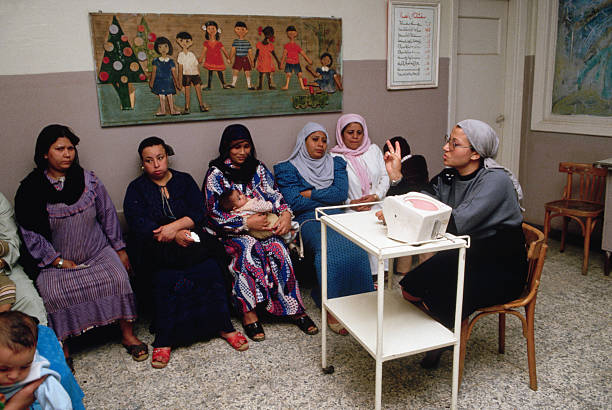A one-month-old baby has died in The Gambia after undergoing female genital mutilation (FGM), a tragedy that has reignited public anger and international concern over the continued practice in the West African nation.
According to reports, the infant suffered fatal blood loss following the procedure. Local police confirmed that two women have been arrested in connection with the case.
Nimco Ali, a survivor of FGM, former UK Home Office adviser on violence against women, and head of the Five Foundation—a grassroots group combating the practice—condemned the incident. “This should shame us all,” she told The Telegraph. “She deserved far better from us and from an international community that claims to protect women and girls.”
FGM involves the intentional cutting or removal of external female genitalia, often justified under cultural or religious pretexts of “purity” and “virginity.” The practice has been outlawed in The Gambia since 2015.
‘Culture is no excuse’
The child’s death has provoked outrage across the country. Women In Leadership and Liberation, an advocacy group for women and girls’ rights, stated: “Culture is no excuse, tradition is no shield—this is violence, pure and simple.”
Despite the legal ban, FGM remains widespread in The Gambia, where the World Health Organization estimates that at least 73% of women and girls have undergone the procedure, most before turning six. Experts warn that more parents are subjecting newborns and very young children to FGM in an attempt to avoid detection and prosecution.

In 2024, MP Almameh Gibba—backed by some religious leaders—introduced a bill to repeal the 2015 ban, arguing it infringed on the right to practise cultural and religious traditions in the predominantly Muslim nation. Although the bill advanced to a second reading, it was eventually defeated after strong lobbying by human rights advocates.
Ali argued that enforcement of the ban remains weak. “Just last year, we fought alongside women in The Gambia to defend the ban, yet pro-FGM groups with funding and organisation are still prevailing,” she said.
Funding Cuts Threaten Anti-FGM Efforts
The tragedy comes as the UK government has slashed foreign aid for sexual and reproductive health initiatives, including anti-FGM programmes, as part of wider cuts to overseas spending. In February, the aid allocation dropped from 0.5% to 0.3% of gross national income.
Funding for education, gender equality, and related programmes in developing countries has been hit particularly hard—falling 42%, from £490 million in 2024/25 to £284 million in 2025/26.
“In 2025, we are still begging for proper funding for grassroots groups on the frontlines,” Ali said. “Without strong global support, more girls will lose their lives.”


